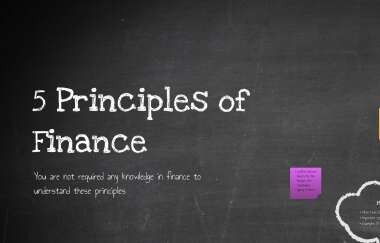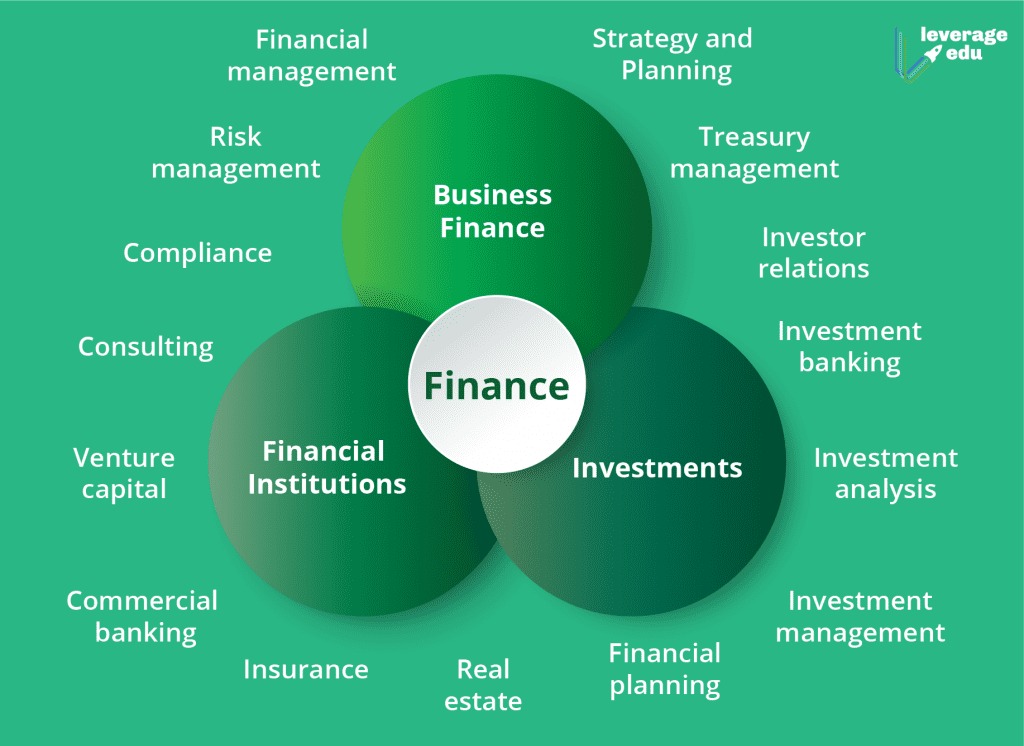You should understand the role of valuation in business. Recruiters look for candidates who understand different financial concepts and methodologies. For example, you should be familiar with the concepts of cost per unit, profitability, and wastage. Also, you should be able to explain your thinking process. You should know the advantages of a preferred metric, and how you came to that conclusion. Moreover, you should be prepared with possible secondary metrics that you might be asked about.
The interviewer will also want to know your soft skills. The best approach is to pick about five to seven examples of your work experience and highlight how you have demonstrated these characteristics. These examples will highlight your teamwork, leadership, and weaknesses. You can also prepare for technical finance interview questions, which will be primarily focused on technical subjects. Therefore, it is crucial to prepare for these questions in advance. You should also learn about the job requirements and the company you are applying for.
Before the interview, you should plan and practice your answers. Rehearse them several times. When answering, use the STAR method: “Situation, Task, Action, Result”
The finance interview process is a rigorous test of the candidate’s knowledge and skills. It tests the candidate’s knowledge of financial concepts and their ability to apply them in the field. Prepared candidates will demonstrate their ability to apply these skills, articulate their ideas, and explain their thought process. A well-prepared candidate will impress the interviewer by showing he or she is a good fit for the position.
Be prepared to talk about past experience and examples. Be sure to describe your involvement in relevant transactions and the reasons for that. For instance, if you have worked with a particular company, prepare answers to questions about this specific experience. Do not leave anything out. Include enough details that the interviewer can understand the situation. In case of follow-up questions, prepare your answers so that they can answer all of the questions that follow.
Prepare your answers for the common questions of finance interviews. Practice makes perfect and can increase your critical-thinking skills. Aside from practicing for your finance interview, you can also study the answers to these questions. Practicing will help you answer the questions more effectively under pressure and give a great impression to your interviewer. This article will explore some sample finance interview questions and provide examples of the answers to them.
The finance interviewer will assess the value of your qualifications in the financial field. Ask them questions about your past work experience and your career aspirations. Make sure your answers are aligned with the company’s objectives. The questions should also demonstrate your ability to manage time effectively. Moreover, the interviewer will also evaluate your communication skills. Whether you are punctual and approach time wisely will be crucial in the finance interview.
Practice the body language. Employers will look for professionals who can align their personalities with theirs. Practice your body language by sitting slightly forward while clasping your hands or keeping them in your lap. This way, you can show your interest in the company and stand out from the other candidates. Be sure to practice your questions before the interview. Moreover, you should arrive early for the interview and plan your answers in advance.
Before attending an interview, it is important to do your research on the company you are applying for. Do not just mention the company name, but also include the size, location, number of employees, and type of work you’re interested in. Doing your homework will help you appear confident and prepared. Remember, the hiring manager will not have time to look at paragraphs of information. In order to make the interview as comfortable as possible, you should be prepared to answer all questions related to your career path and your qualifications.





